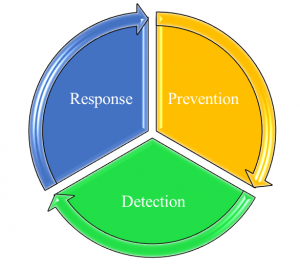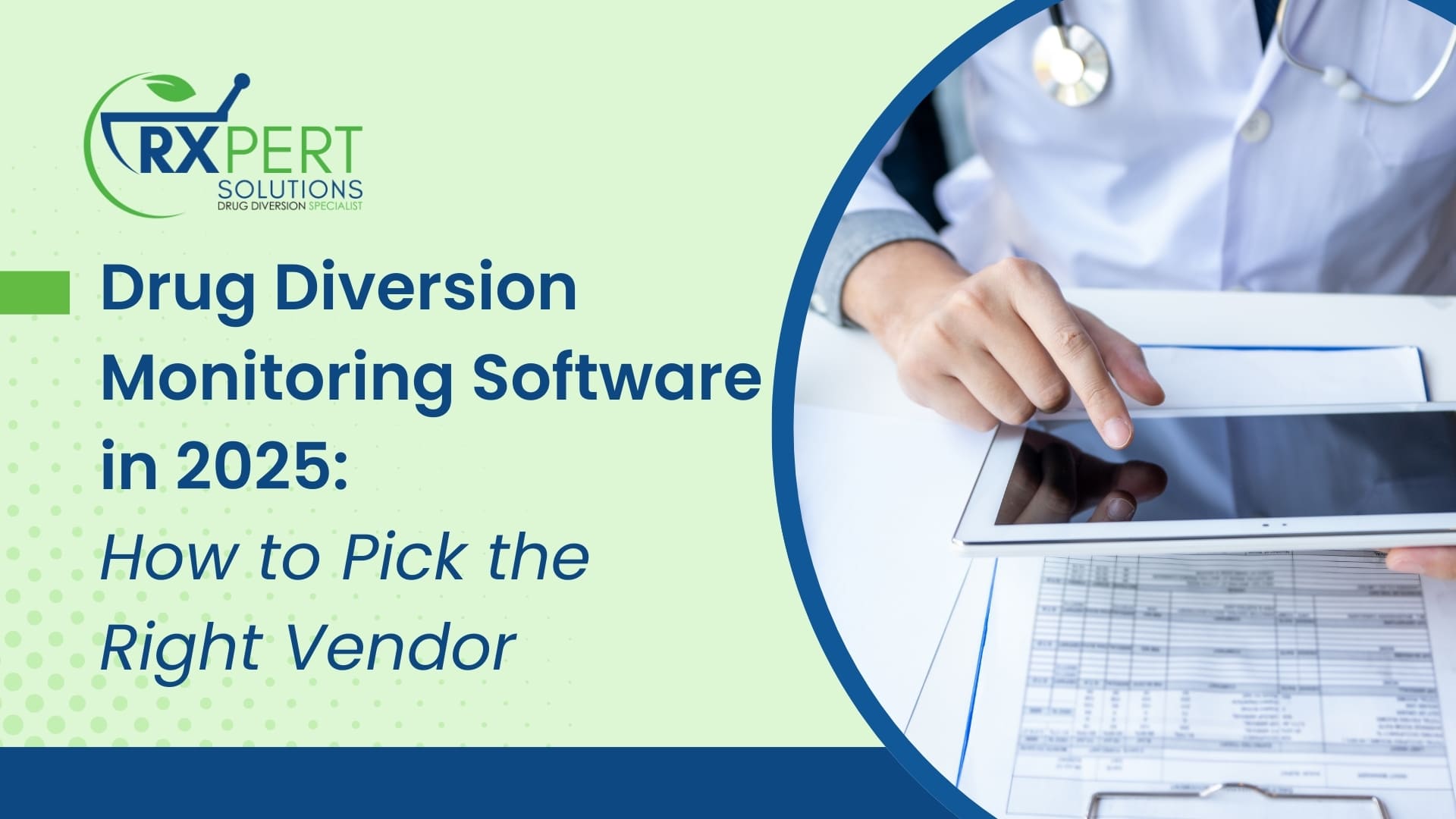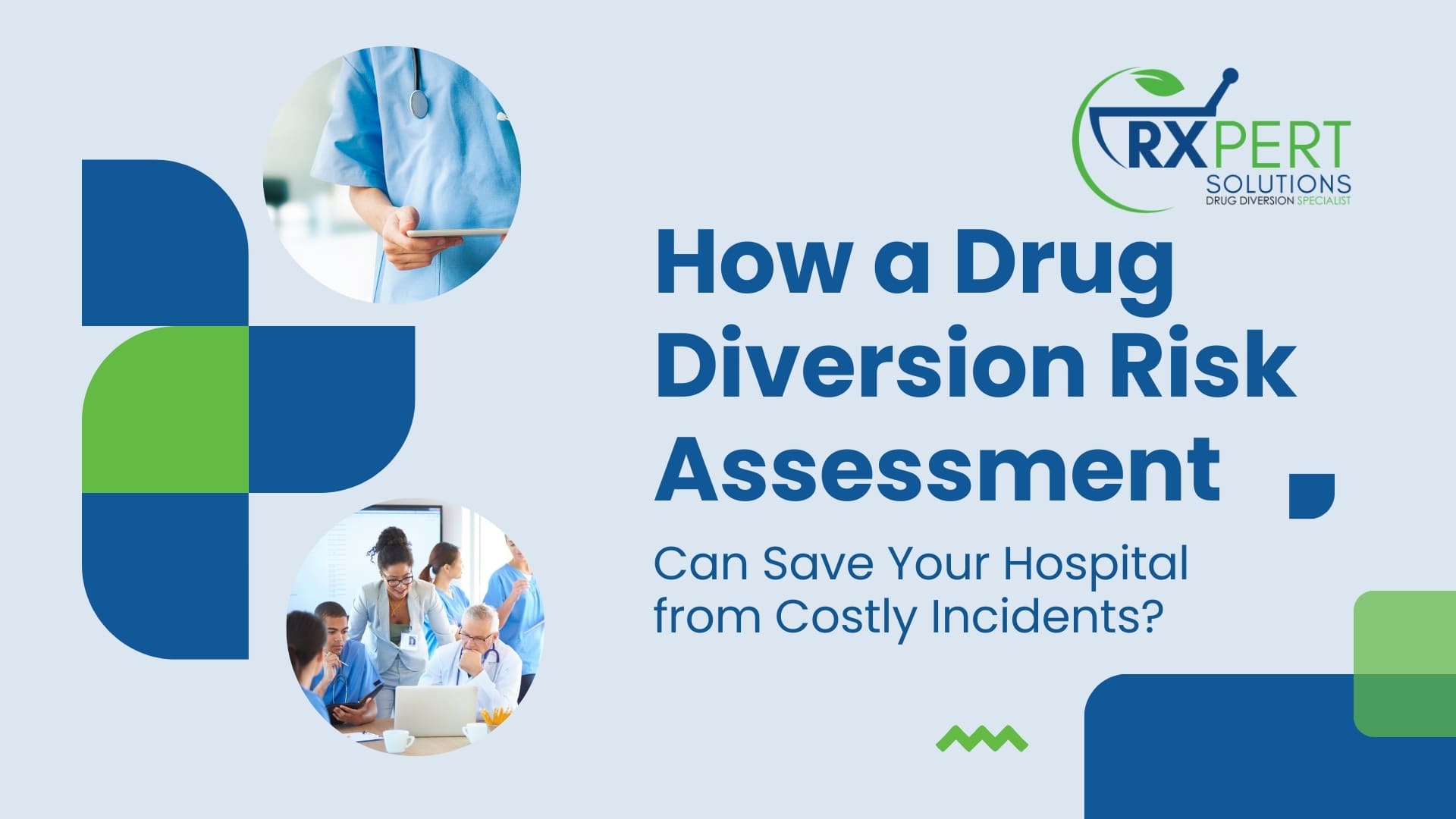The following is an excerpt from The Joint Commission Quick Safety Issue 48, April 2019:
Detection of drug diversion is challenging, and even the best efforts have not yet achieved complete eradication of diversion. Patient and workplace safety require effective reliable safeguards to maintain the integrity of safe medication practices to protect against diversion. Diversion prevention requires continuous prioritization and active management to guard against complacency. There are actions that healthcare facilities can take to detect diversion quickly and respond appropriately in order to protect patients from harm, using a consistent, standardized approach. There are three essential components healthcare organizations need to consider when dealing with drug diversion: prevention, detection, and response.
- Prevention always comes first. Health care facilities are required to have systems in place to guard against theft and diversion of controlled substances. It is important that all staff understand and comply with these protocols, and act in ways to minimize unauthorized access or opportunities for tampering and misuse.
- Even with such prevention safeguards, health care facilities must have systems to facilitate early detection. These systems can include video monitoring of high-risk areas, active monitoring of pharmacy and dispensing record data, as well as having staff who are aware of and alert for behaviors and other signs of potential diversion activity.
- Appropriate response for staff can be summarized as “see something, say something.” At the institutional level, appropriate responses include establishing a just culture in which reporting drug diversion is encouraged, assessing harm to patients, consulting with public health officials when tampering with injectable medication is suspected, and prompt reporting to enforcement agencies

Joint Commission Medication Management (MM) related to drug diversion
MM.08.01.01: The organization evaluates the effectiveness of its medication management system.
This evaluation includes reconciling medication information. The elements of performance include:
- Analyze data
- Keep up with best practices
- Identify and implement improvement measures
- Re-evaluate system
- For automatic dispensing cabinets (ADCs), have a policy describing the types of medication overrides to review for appropriateness and frequency
Sustainable change, after all, depends not upon compliance with external mandates or blind adherence to regulation, but rather upon the pursuit of the greater good.
― Douglas B. Reeves





